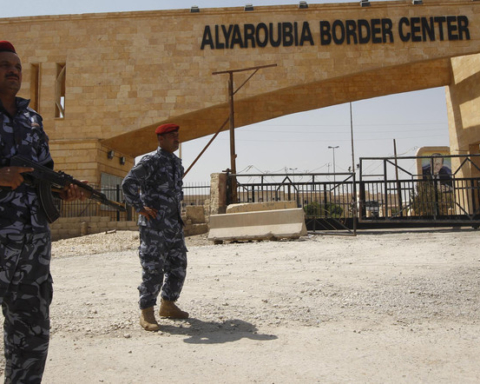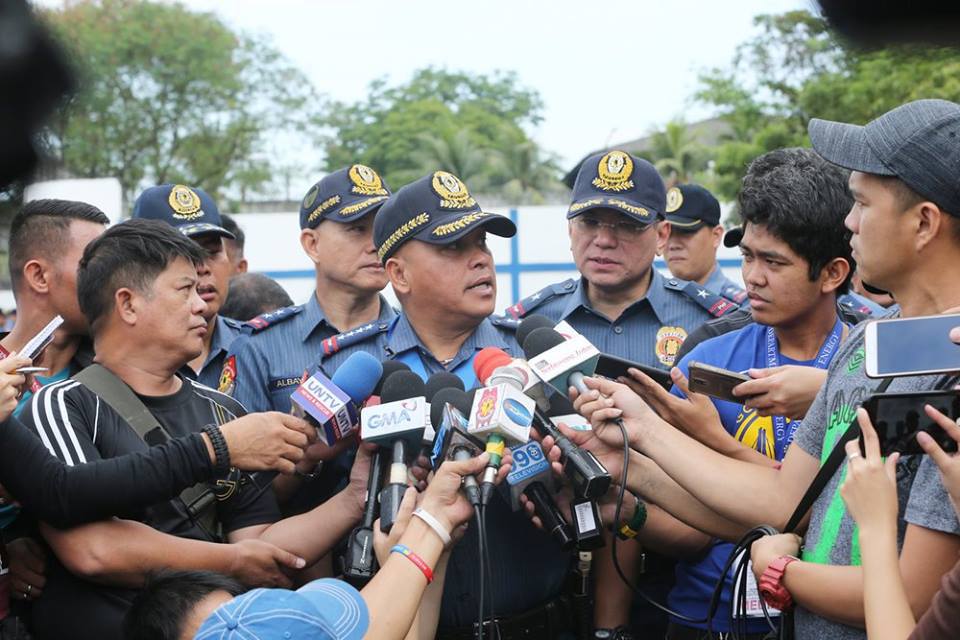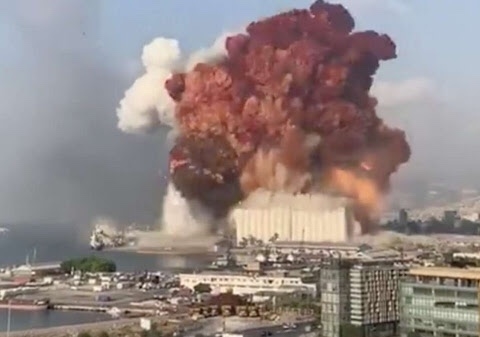During the “Progress on Peace and Stability in Afghanistan” at the US Institute of Peace, Afghan National Security Adviser Mohammad Hanif Atmar says the response from the Pakistan to terrorism has been mixed. He said that the consensus on how to fight the terrorists has broken slightly. Atmar added that there are nations in the region that draw a distinction between good and bad terrorists. Furthermore, the region actors all agreed to have state-to-state relations for counter terrorism, but there are some stat who look at state to non-state actors relations for counter-terrorism, like some that say they work with the Taliban against Daesh or against the ISIS. According to Atmar, this is unethical and self-defeating in terms of policy. Atmar said Afghanistan faces threat from a nexus of violent extremism, transnational criminalized networks and state sponsorship of terrorists, but it’s not just the Taliban and the Haqqani network that they are fighting. There is an increase of foreign fighters associated with at least three categories of terrorist networks. The global terrorist networks such as Al Qaeda, Daehs and ISIS-K. The regional terrorists such as IMU from Central Asia and China, and Pakistani terrorists such as Lashkar-e-Taiba, Tehreek-e-Taliban Pakistan and Jaish-e-Mohammed.
Latest from MIDLE EAST
Write an article from the following text. Bashar Assad stepped down as Syrian president, leaving the
Una esplosione devastante nella zona del porto di Beirut ieri nel tardo pomeriggio ha distrutto una
Usually, when people talk about Saudi Arabia and its hegemonic policies, we tend to relate to
On Tuesday 8th January, US Secretary of State Mike Pompeo opens his tour in the
The 39th GCC (Gulf Cooperation Council) summit held in the Saudi capital









